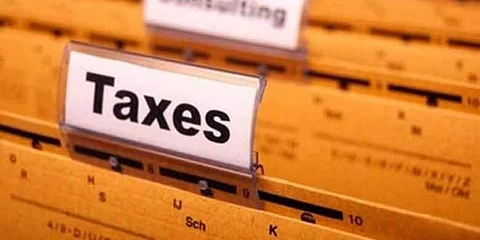

NEW DELHI: The forthcoming budget is likely to reduce the number of import tax slabs and raise customs duty on a host of finished products and components ranging from batteries and electric vehicles to furniture, solar modules and smartphones. The move is part of the Centre’s bid to encourage local production.
“Our aim all along has been to slap the highest duties on finished products, slightly lower duties on components, and the lowest on raw materials. We believe that guiding principle will be followed this year more aggressively as we wish to encourage domestic production,” said Sumit Dutt Majumder, former Chairman, Central Board of Excise and Customs.
Top finance ministry officials also confirmed that many items will see duties increased “to erase most inverted duty structures that exist.” Inverted duty refers to higher taxes on inputs rather than on the finished product.
With India pushing for local manufacture of batteries, electronics, automobiles, textiles, telecom, solar modules, and special steel through a productivity-linked incentive scheme, the industries ministry has pointed out in internal notes to North Bloc that inverted duties, or in some cases low duties on components, are defeating attempts to attract investment into these areas.
“Certain other local industries such as furniture, toys, and aluminium are also suffering because our FTAs with ASEAN and other countries allow imports at very low duties…,” an official added. Some 50-60 odd product lines, mostly components, will be impacted by duty hikes ranging from 2.5-10 per cent.
The Centre also wants to rationalise the number of duty slabs and aims to compress them to half-a-dozen or so this year. “Ultimately we will aim for just three to four slabs—one or two for finished products, one for intermediate goods, and one for raw materials,” said a revenue department official working on the scheme.